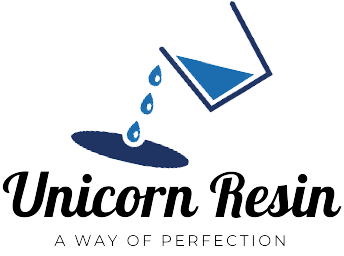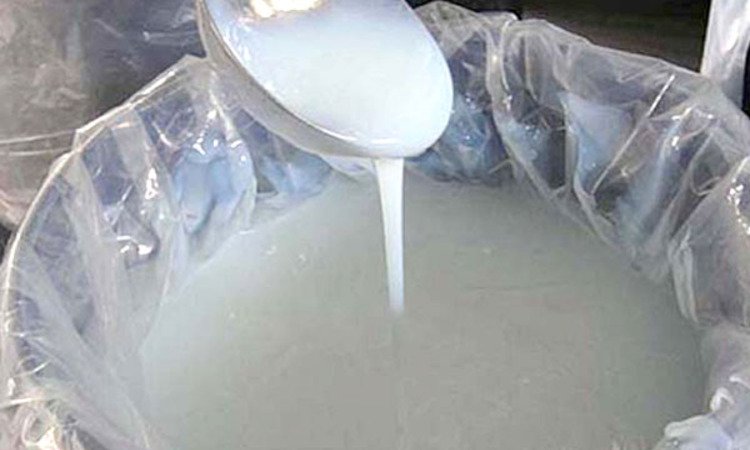Description
Styrene acrylates, also called styrene-acrylate copolymers, are a class of materials that can be used in a wide range of applications. Styrene and acrylate monomers are combined in these copolymers to create a special combination of qualities appropriate for a variety of applications. We shall examine the characteristics, uses, and benefits of styrene acrylates in this article, highlighting their significance across a range of industries.
Characteristics of Styrene Acrylates
Versatility
Styrene acrylates are incredibly adaptable because of their extraordinary capacity to be customised to meet particular needs. Styrene and acrylate monomer ratios can be changed to produce products with the desired characteristics, such as hardness, flexibility, and adherence. This adaptability enables customisation to meet various application requirements.
Adhesion
Excellent adhesive qualities make styrene acrylates appropriate for a variety of substrates, including metals, plastics, and wood. They can be used in adhesives, coatings, and sealants because of this property because high adhesion to various surfaces is a must.
UV Stability
Styrene acrylate are the best choice for applications exposed to sunlight since they exhibit exceptional UV radiation resistance. Because of their UV stability, styrene acrylate-based products and coatings maintain their colour, look, and integrity over time even when exposed to inclement weather.
Weather Resistance
Styrene acrylate are given weather resistance by the styrene and acrylate monomer combination. They are appropriate for exterior applications such as paints, varnishes, and sealants because they can endure temperature changes, moisture, and environmental pollutants.
Applications of Styrene Acrylates
Architectural Coatings
Paints, primers, and varnishes for use as architectural coatings frequently contain styrene acrylates. These coatings add beauty, durability, and protection to a variety of surfaces, including facades, walls, and ceilings. Styrene acrylate help provide long-lasting performance in both interior and exterior applications by providing good adhesion, weather resistance, and colour retention.
Adhesives and Sealants
Due to their powerful adhesion qualities, styrene acrylate are used in adhesive and sealant formulations. They make it possible to bond a variety of materials, such as composites, metals, and polymers. These copolymers provide dependable and long-lasting adhesion, which qualifies them for use in industries like packaging, automotive, and construction.
Textile Coatings
Styrene acrylates are used in textile coatings to provide properties like durability, stain resistance, and water repellency. They can be applied to fabrics to make coatings that shield them from pollutants like water, oil, and other liquids. Styrene acrylate-treated textiles have improved durability and performance.
Paper Coatings
In paper coatings, styrene acrylate are used to improve print quality, smoothness, and resistance to moisture and grease. These coatings act as a shield for paper surfaces, enhancing ink adherence, lowering show-through, and boosting durability against handling and ageing.
Advantages of Styrene Acrylates
Enhanced Performance
The features of styrene acrylate, which come from both styrene and acrylate monomers, are balanced. Materials with higher mechanical strength, adhesion, weather resistance, and UV stability are produced as a result of this combination. These benefits help improve performance and durability in a variety of applications.
Cost-Effective
Styrene acrylates provide numerous sectors a practical, affordable option. When compare to alternative resin systems, their availability, adaptability, and simplicity in formulation make them the favoured option. Styrene acrylate are economically viable for producers because they offer high-performance qualities at a relatively reduced cost.
Environmental Considerations
Environmental restrictions are taken into account when creating styrene acrylates. It is possible to create formulations with low volatile organic compounds, which provide lower emissions and compliance with stringent environmental criteria. The usage of styrene acrylate in coatings, adhesives, and other applications is advantageous because of their eco-friendliness.
Conclusion
Styrene acrylates serve as an example of how styrene and acrylate monomers can be successfully combine to create a copolymer with useful characteristics and a wide range of applications. They are ideal for architectural coatings, adhesives, textile coatings, and paper coatings due to their adaptability, adhesion power, UV stability, and weather resistance. Styrene acrylate are anticipate to play a vital part in supplying new and sustainable solutions. As businesses continue to seek high-performance materials that adhere to environmental regulations.


Reviews
There are no reviews yet.